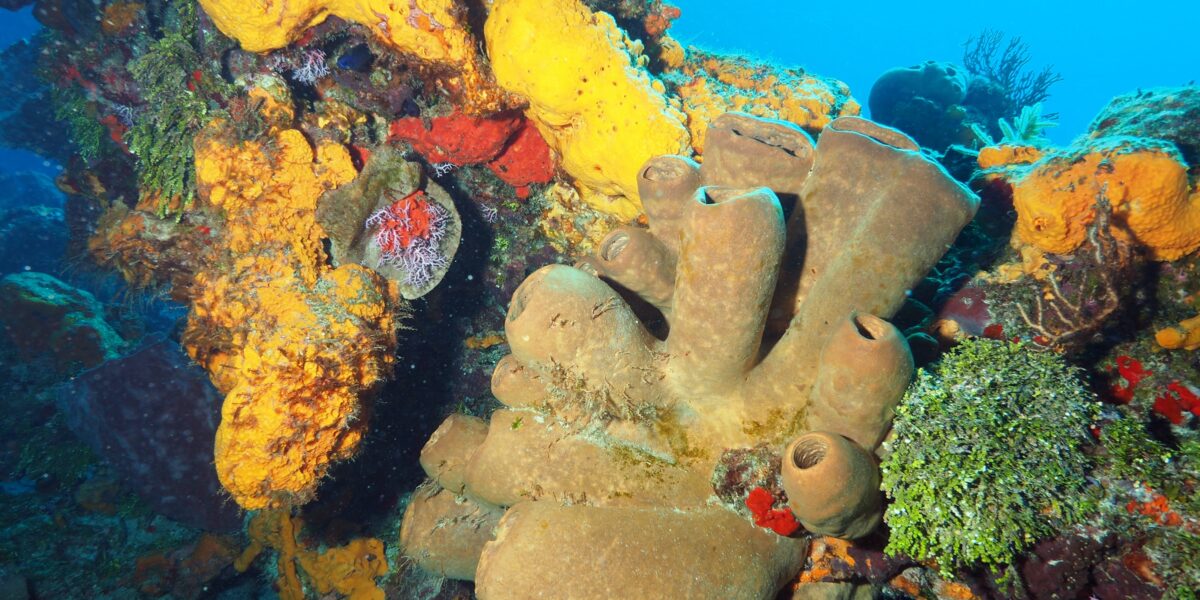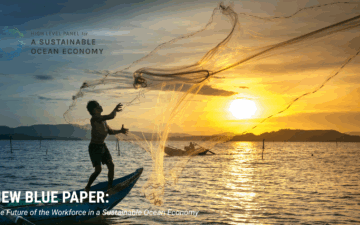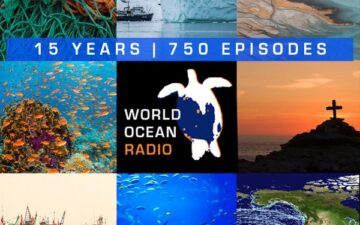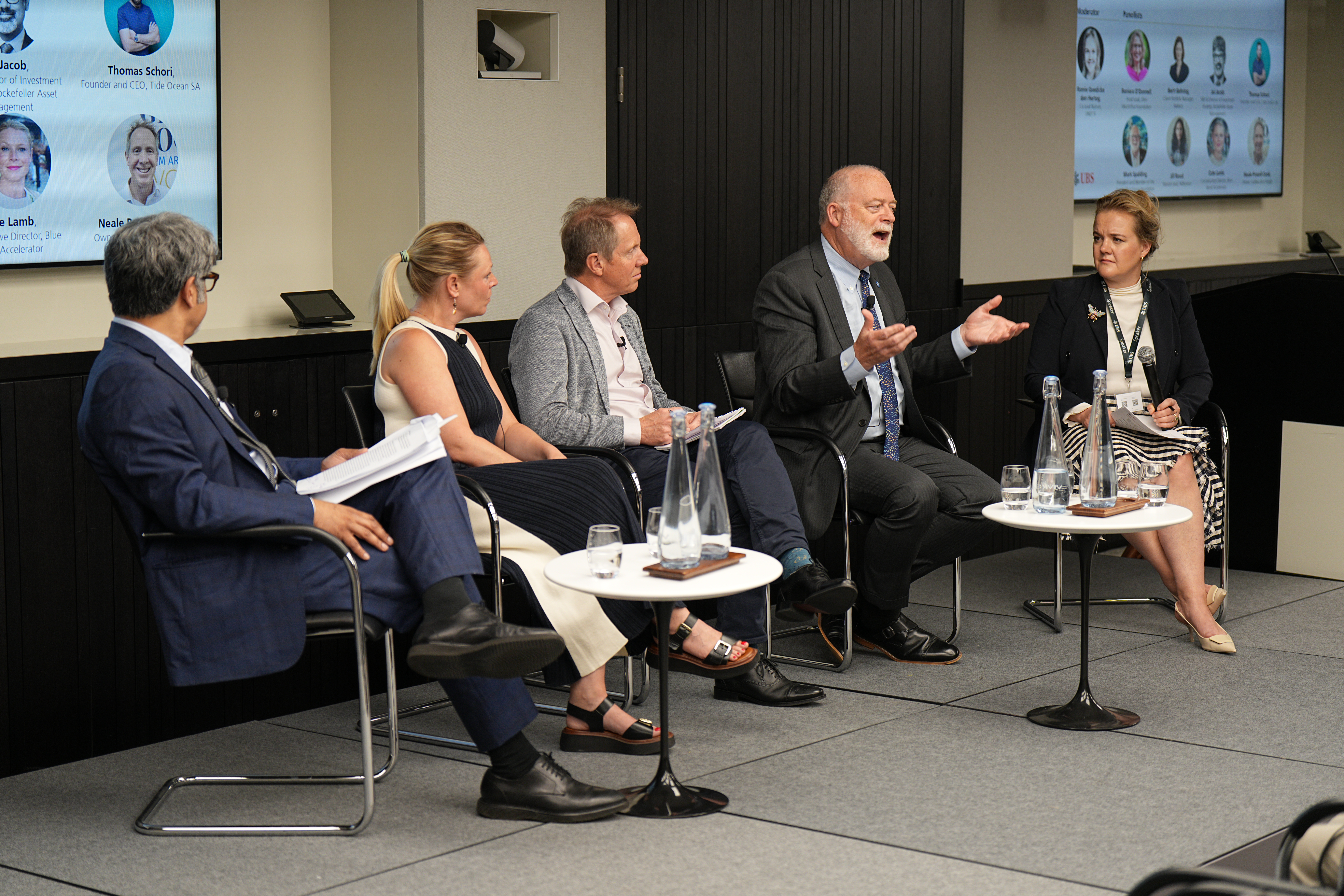Stretching nearly 1,000km from the northern tip of Mexico’s Yucatan Peninsula and the Caribbean coasts of Belize, Guatemala and Honduras, the Mesoamerican Reef System (MAR) is the largest reef system in the Americas and the second in the world after the Great Barrier Reef. The MAR constitutes a key place for the protection of biodiversity, including sea turtles, more than 60 species of corals and more than 500 species of fish that are in danger of extinction.
Due to its economic and biological diversity importance, it is important decision makers understand the value of the ecosystem services provided by the MAR. With this in mind, The Ocean Foundation (TOF) is leading an economic valuation of the MAR. The objective of the study is to understand the value of the MAR and the importance of its conservation to better inform decision makers. The study is being funding by the Interamerican Development Bank (IADB) in collaboration with Metroeconomica and World Resources Institute (WRI).
Virtual workshops were held for four days (October 6 and 7, Mexico and Guatemala, October 13 and 15 Honduras and Belize, respectively). Each workshop brought together stakeholders from different sectors and organizations. Among the objectives of the workshop were: expose the importance of assessment for decision making; present the methodology of use and non-use values; and receive feedback on the project.
The participation of these countries’ government agencies, academia and NGOs is significant for the collection of data necessary for the application of the project’s methodology.
On behalf of the three NGOs in charge of the project, we want to thank the valuable support and participation in the workshops, as well as the valuable support of MARFund and the Healthy Reefs Initiative.
Representatives from the following organizations participated in the workshops:
Mexico: SEMARNAT, CONANP, CONABIO, INEGI, INAPESCA, Government of the State of Quintana Roo, Costa Salvaje; Coral Reef Alliance, ELAW, COBI.
Guatemala: MARN, INE, INGUAT, DIPESCA, KfW, Healthy Reefs, MAR Fund, WWF, Wetlands International, USAID, ICIAAD-Ser Océano, FUNDAECO, APROSARTUN, UICN Guatemala, IPNUSAC, PixanJa.
Honduras: Dirección General de la Marina Mercante, MiAmbiente, Instituto Nacional de Conservacion y Desarrollo Forestla/ICF, FAO-Honduras, Cuerpos de Conservación Omoa -CCO; Bay Islands Conservation Association, capitulo Roatan, UNAH-CURLA, Coral Reef Alliance, Roatan Marine Park, Zona Libre Turistica Islas de la Bahia (ZOLITUR), Fundación Cayos Cochinos, Parque Nacional Bahia de Loreto.
Belize: Belize Fisheries Department, Protected Areas Conservation Trust, Belize Tourism Board, National Biodiversity Office-MFFESD, Wildlife Conservation Society, University of Belize Environmental Research Institute, Toledo Institute for Development and Environment, The Summit Foundation, Hol Chan Marine Reserve, fragments of hope, Belize Audubon Society, Turneffe Atoll Sustainability Association, The Caribbean Community Climate Change Centre







